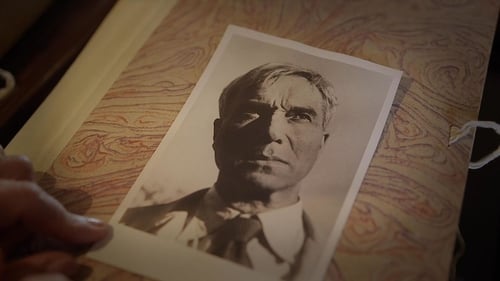
Editor
An archival road trip with Stevan Labudović, cameraman to Yugoslav President Tito and cinematic eye of the Algerian revolution, investigating the role of cinema in the liberation struggles of the Third World and reconstructing the birth of the Non-Aligned Movement.

Editor
As Russian writer Boris Pasternak (1890-1960) thinks it is impossible that his novel Doctor Zhivago is published in the Soviet Union, because it supposedly shows a critical view of the October Revolution, he decides to smuggle several copies of the manuscript out of the country. It is first published in 1957 in Italia and the author receives the Nobel Prize in Literature in 1958, which has consequences.

Editor
Colonel Honorine Munyole is a robust forty-four-year-old widow and mother of seven young children – four of her own, three adopted. She wields her uniform, beret and black handbag like a protective shield, which her daily work desperately requires. More or less on her own, she runs a small police unit dedicated to protecting women who’ve been raped and children who’ve suffered abuse in the war-plagued regions of the Congo. At the start of Maman Colonelle, she’s transferred from Bukavu to Kisangani, arriving only to discover her future home and office in a desolate state. While she deals with such practical obstacles with suitable feistiness, the traumas and social deformities of the people around her have nightmarish dimensions: the envy surrounding those with state-recognised ‘victim’ status, hope for help from the ‘whites’, depression, helplessness.

Editor

Editor
Edward Said was one of the great contemporary intellectuals of our time and a prominent spokesperson for the Palestinian cause. Shortly before his death in 2003, a French film crew spent several weeks with him and his family. The result is this intimate documentary that offers Said's reflections on how the experience of exile shaped the central ideas, the work and the struggles of this famous academic and activist. Speaking of his background, Said once told a journalist, "My sense of exile has been lifelong -- it's a question of articulating it," Selves and Others features the Said speaking about his nomadic childhood and his views on Eastern identity in the West and how the city of New York balances tradition with a sense of constant change.



